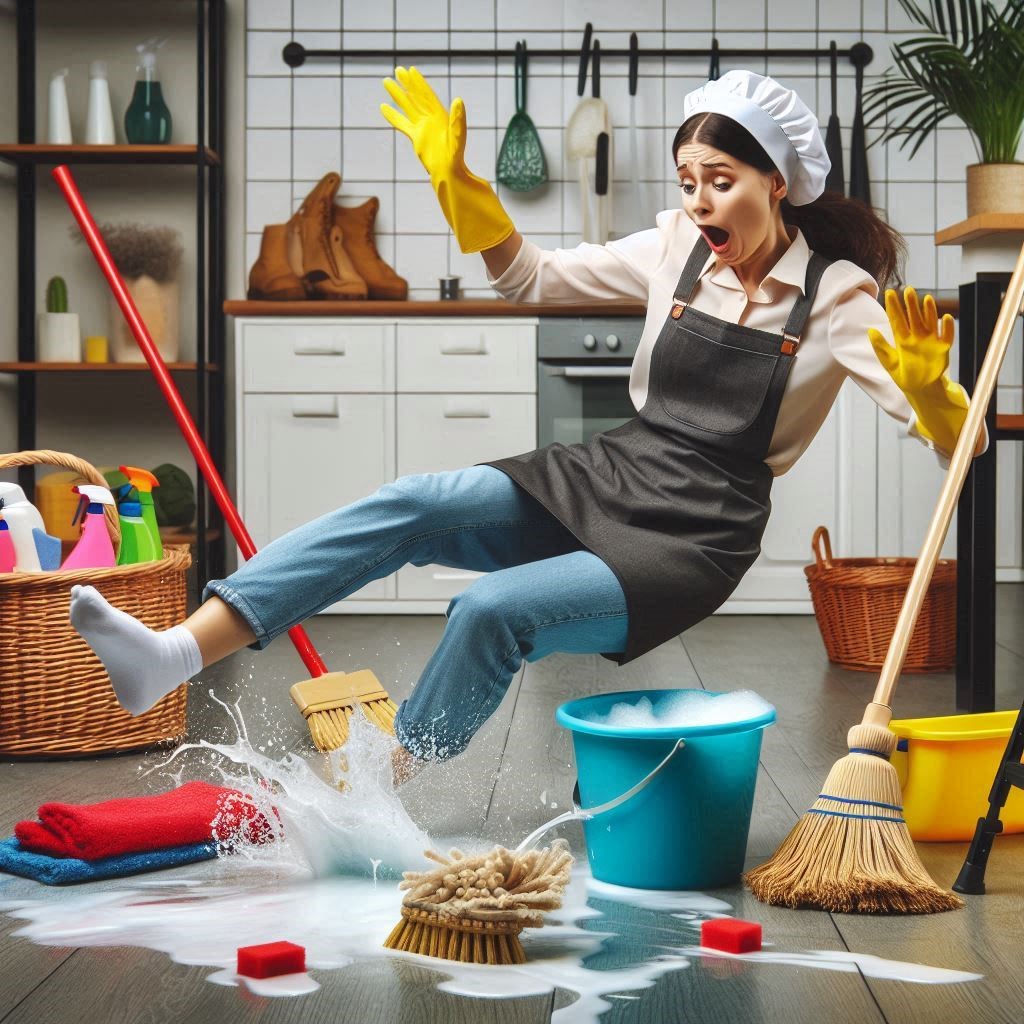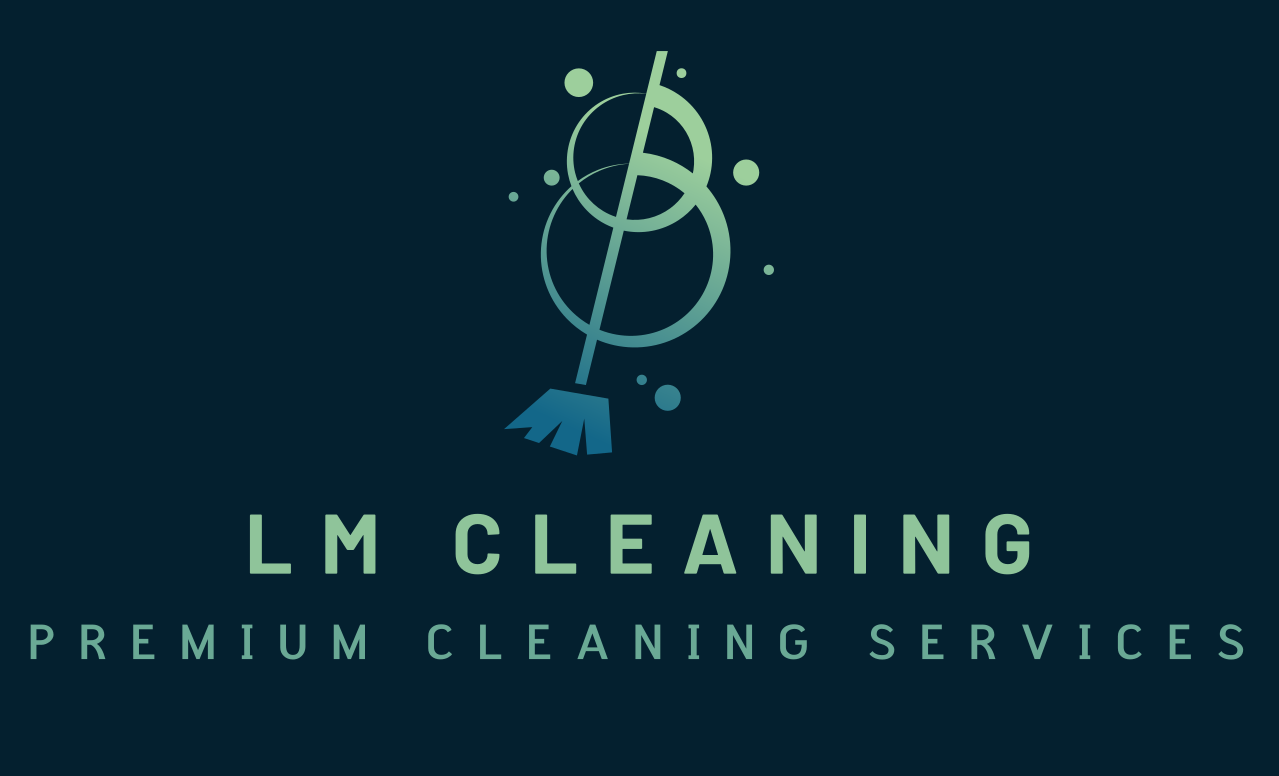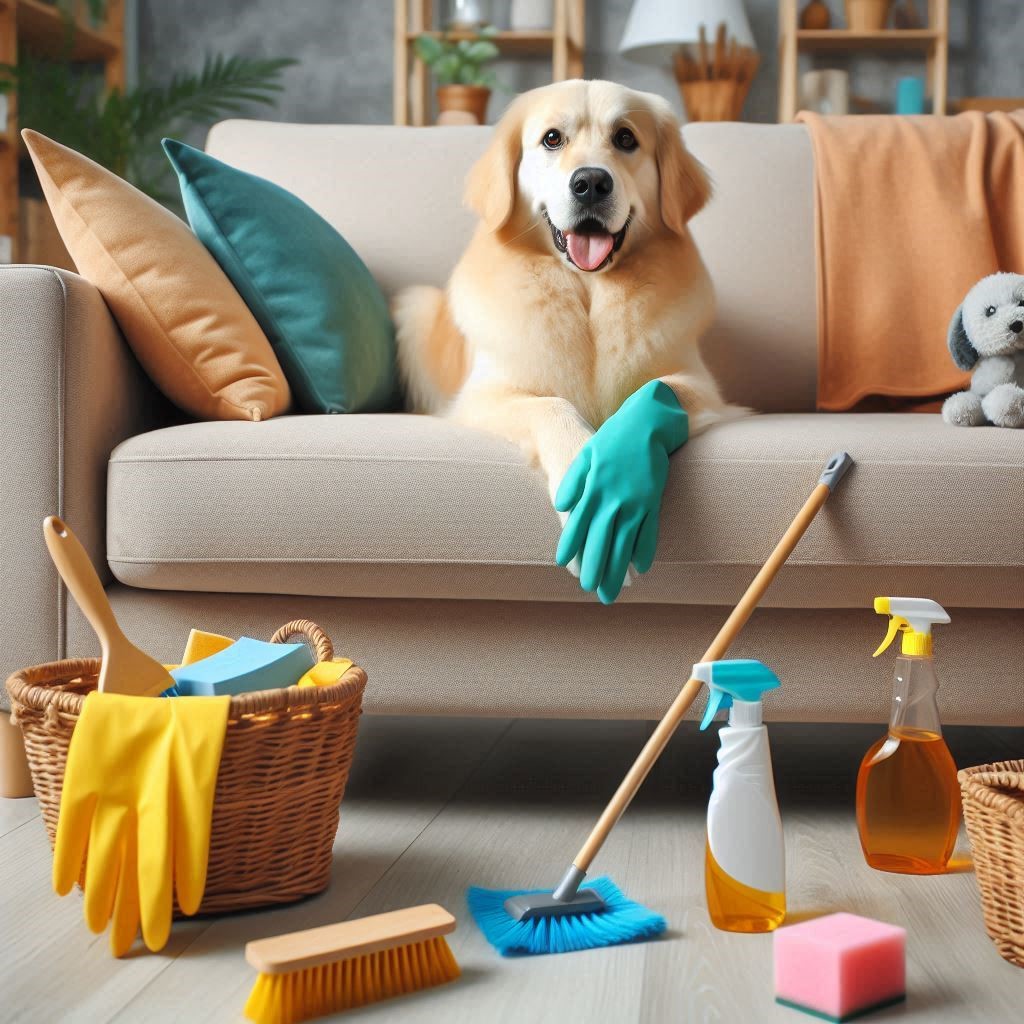
WE ARE FULLY INSURED AND DBS CHECKED
Imagine letting someone into your home to clean and then something goes wrong. That’s where insurance for cleaners steps in. Whether it’s a slip that results in a broken vase or a chemical mishap, having insurance can save a lot of hassle. It’s not just about covering damages but ensuring everyone involved is protected.
Many people often wonder if they really need to insure their cleaner. Think of it as a safety net. When your cleaner is insured, you don’t have to stress about accidental damages or injuries that might occur while they are on your property. Insurance not only protects cleaners from potential liabilities but also gives homeowners peace of mind knowing they’re not directly financially liable for accidents.
Skipping out on insurance might seem like an easy cost-saving measure, but it could lead to more significant expenses down the line. Legal and financial troubles can pop up if something unfortunate happens and there’s no insurance to back up the damages. Without it, homeowners might find themselves caught up in costly legal disputes or settling out-of-pocket for injuries sustained on their premises.
In essence, insurance for cleaners is a vital component of maintaining a safe and financially sound hiring process. It reassures you as a homeowner and makes sure cleaners perform their job without the lingering fear of unprotected risks. This foundation of protection helps foster trust and security between you and the cleaning service.
Advantages of Hiring Insured Household Cleaners
Picture a spotless home achieved without the worry of mishaps—that’s one of the several benefits of hiring insured household cleaners. When you choose a cleaner with insurance, you’re not just getting a tidy space but also ensuring safety and accountability.
Household cleaners, with their expertise, bring in much more than just cleaning supplies. They offer a well-organized, germ-free environment which can improve air quality and reduce allergens, making your home healthier. Now couple that with the added assurance of insurance, and you’re looking at a comprehensive service.
The real magic happens with the peace of mind that comes from knowing that any accidental damage or unforeseen incidents are covered. With insured cleaners, you’re not left footing the bill if something goes awry. Instead, you get to relax and trust in a service that prioritizes both cleanliness and your property’s protection.
Safety is another big ticket item. Insured cleaners often follow strict safety protocols to avoid mishaps in the first place. However, having their insurance there as backup means they’re prepared for just about anything, reassuring you that they’re responsible for what happens on the job.
Ultimately, opting for insured household cleaners is about minimizing risk and maximizing confidence. It’s about enjoying a pristine home without worrying about potential mishaps. You can focus on enjoying the results while being assured the professionals you’ve invited into your space are both capable and covered.
The Necessity of Insurance for Window Cleaners
Window cleaning might seem straightforward, but it involves unique risks that make insurance a must-have. Think about those high ladders and challenging spots! Whether it’s toppling off a ladder or accidentally damaging your property, window cleaners face situations where insurance becomes a lifesaver.
One common question is whether window cleaners need insurance, and the short answer is a resounding yes. This kind of work involves potential hazards not just for the cleaner but also for your windows, garden fixtures, and other property. Insurance covers these risks, ensuring any mishaps don’t translate into out-of-pocket expenses for you.
Accidents happen, even to the most careful window cleaners, and when they do, insurance is what prevents them from becoming financial nightmares. For instance, a rogue gust of wind or sudden slip might lead to a broken window or worse. With insurance, such events are nuisances rather than major setbacks for both parties involved.
Moreover, having insurance fosters trust. As a homeowner or business client, you know you’re working with a professional who values safety and responsibility. This isn’t just about avoiding costs; it’s about building a relationship where both the cleaner and the client feel secure. Total confidence in their work means cleaner windows and fewer worries for you.
Commercial Cleaning Companies and Insurance Requirements
Commercial cleaning companies operate on a broader scale, facing a variety of environments and circumstances, making insurance even more critical. The range of insurance types required for these businesses is extensive. We’re talking about coverage like general liability, workers’ compensation, and commercial auto insurance—each serving a distinct purpose in safeguarding both the company and its clients.
General liability insurance is an essential safeguard. It covers incidents where property damage or personal injury may occur during the cleaning process. Imagine a client tripping over a cleaning cord and getting injured; this insurance takes care of such issues, protecting the company’s finances.
Workers’ compensation insurance steps in to protect the cleaning staff themselves. It offers coverage for medical expenses and a portion of lost wages if an employee gets injured while working. This is not only beneficial for the staff but also for the company, as it prevents potential lawsuits and helps maintain a motivated workforce.
For companies that use vehicles to transport equipment and staff, commercial auto insurance is another layer of security. It offers protection in case of accidents during commutes, thereby reducing unexpected costs that can arise from road incidents.
Ultimately, comprehensive insurance coverage is about trust and professionalism in the commercial cleaning sector. Clients are more likely to hire a company that shows they take responsibility seriously, knowing they’re protected against a wide range of risks. Having everything in place reflects a company’s commitment to safety, quality service, and financial stability.

